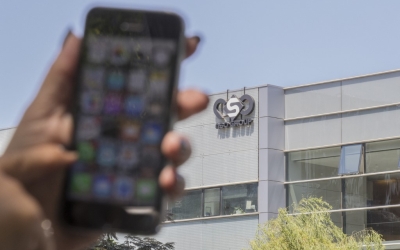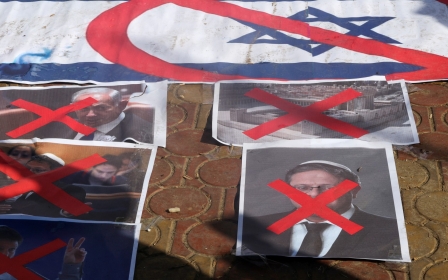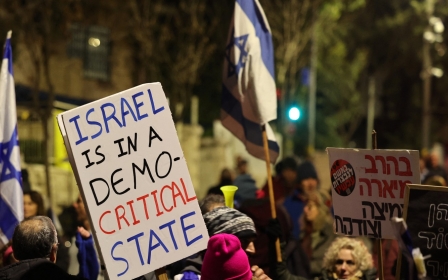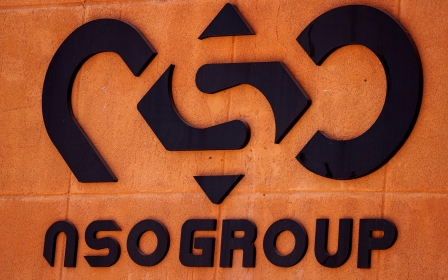How Israel sabotages democracy in the Middle East
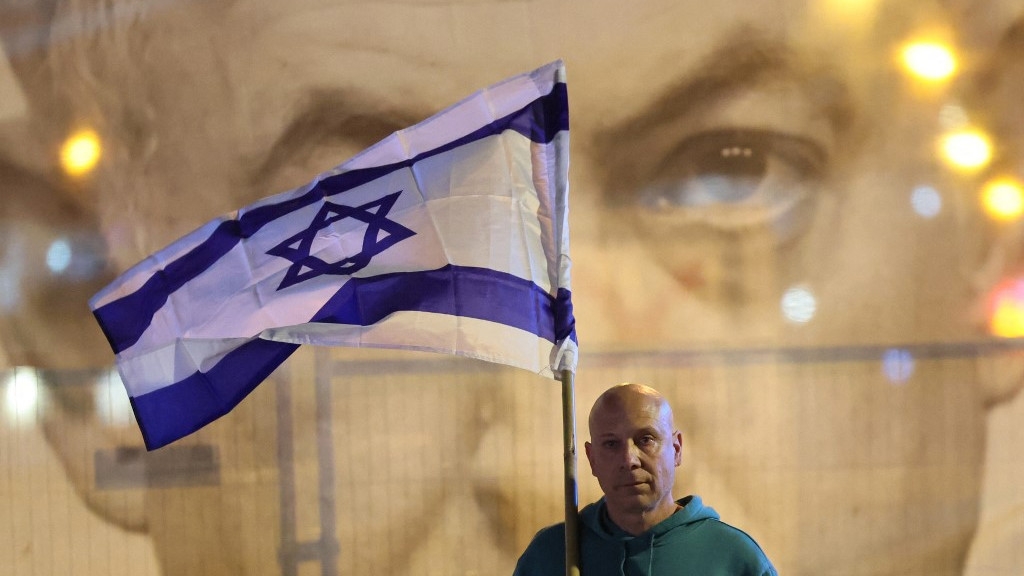
Last month, an investigation by an international consortium of journalists revealed that Israeli contractors operating under the name “Team Jorge” claimed to have manipulated more than 30 elections worldwide, using techniques such as hacking and automated disinformation.
The unit’s leader, former Israeli special forces operative Tal Hanan, said his team comprised “graduates of government agencies”. According to the investigation, some of their operations were run through Demoman International, an Israeli firm “registered on a website run by the Israeli Ministry of Defense to promote defence exports”.
The Team Jorge revelations are not the first evidence of Israel’s use of technology to help dictators and to sabotage democracy
Indeed, the state of Israel has a contradictory relationship with democracy. It maintains a flawed "democracy" internally, employing an apartheid system to the detriment of Palestinians from the river to the sea, and it also has a long history of alliances with dictators in the region and beyond.
Israel’s ambiguous stance towards democracy in the Middle East became more explicit in the wake of the Arab Spring. In particular, many Israeli politicians and think tanks saw the uprising in Egypt and the ousting of dictator Hosni Mubarak as a threat to Israeli interests. As the revolution unfolded, Israel’s foreign ministry urged western diplomats to curb criticism of the Mubarak regime - and according to a former US defence secretary, Israel issued a raft of complaints against Egypt’s first democratically elected president, Mohamed Morsi.
In Syria, the position of many Israeli politicians and intellectuals was to avoid support for the popular revolution, preferring to “stick to the devil you know”. And in Sudan, Israel failed to condemn the 2021 coup amid a push for bilateral normalisation.
New MEE newsletter: Jerusalem Dispatch
Sign up to get the latest insights and analysis on Israel-Palestine, alongside Turkey Unpacked and other MEE newsletters
Attacking human rights
The Team Jorge revelations are not the first evidence of Israel’s use of technology to help dictators and to sabotage democracy by attacking human rights activists and dissidents. Many investigative reports have unveiled the secret support that dictators in the Middle East and worldwide have received from Israeli cyber firms, such as the NSO Group and its infamous hacking spyware Pegasus.
Three factors may help us to understand the contradiction between Israeli claims about democracy and the state’s concurrent support for dictatorships, especially in the Middle East. Firstly, Israel is in this regard no different from any other western colonial or imperial state, which promote democracy to their peoples while supporting and benefiting from tyrants abroad.
Secondly, Israel has constructed its narrative in the West on the basis that it is “the only democracy in the Middle East” - so the less democratic states in the region, the more effective its narrative becomes.
Thirdly, Israeli governments prefer to deal with dictatorships rather than democracies in the Middle East, because no democratically elected leader of any Arab country could normalise relations with Israel without obtaining a minimum acceptable political solution for Palestinians, since the overwhelming majority of the Arab peoples support Palestinian rights and oppose the occupation.
The Israeli and western stance towards democracy in the Middle East is also derived from a widespread Orientalist bias that sees western mainstream media widely covering opposition protests in Israel that would affect Israeli “democracy”, but failing to pay the same attention to the Team Jorge revelations, which involved the sabotage of “Third World” democracies.
Going forward, Israel and western states will continue to play this game, offering rhetoric about democracy and human rights in the Middle East while simultaneously supporting dictatorships in these countries. Yet, this fact must not upset Arab peoples; on the contrary, it must motivate them to struggle against tyranny, occupation and imperialism.
The views expressed in this article belong to the author and do not necessarily reflect the editorial policy of Middle East Eye.
Middle East Eye delivers independent and unrivalled coverage and analysis of the Middle East, North Africa and beyond. To learn more about republishing this content and the associated fees, please fill out this form. More about MEE can be found here.



